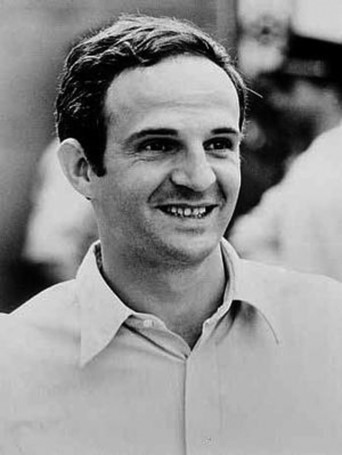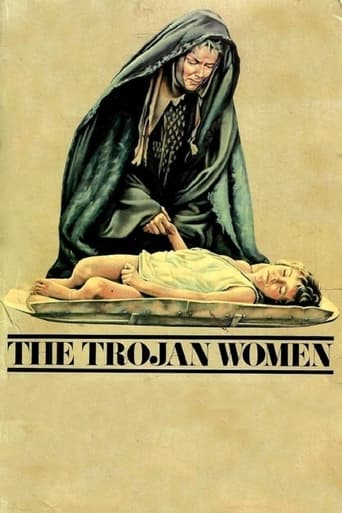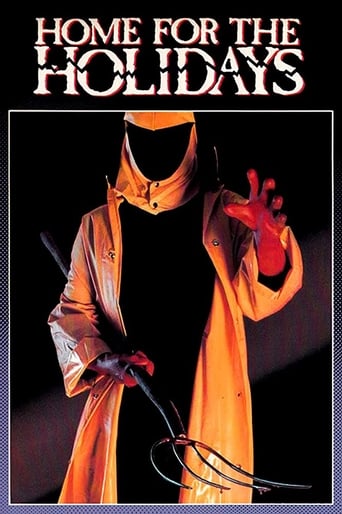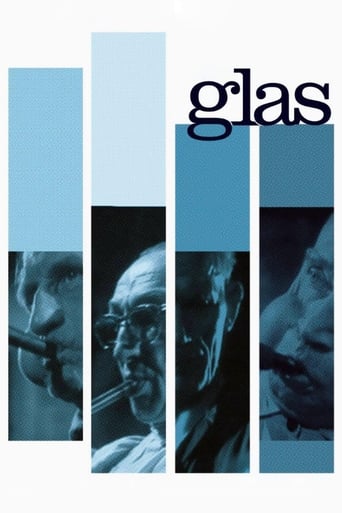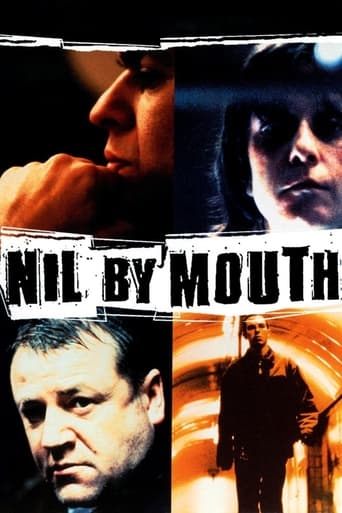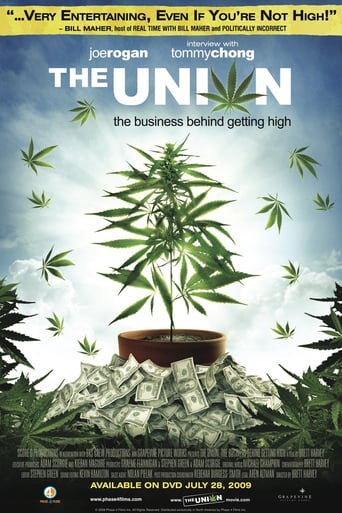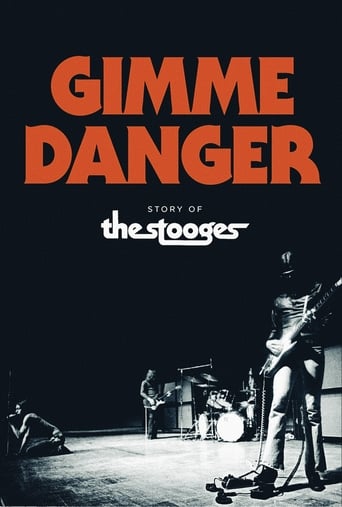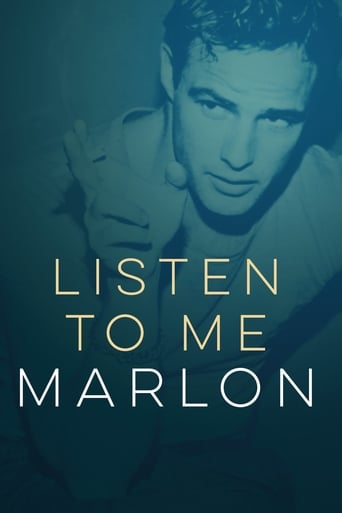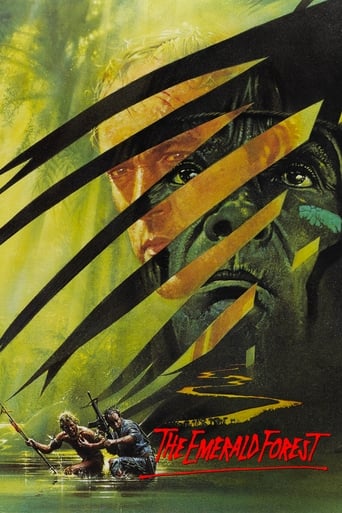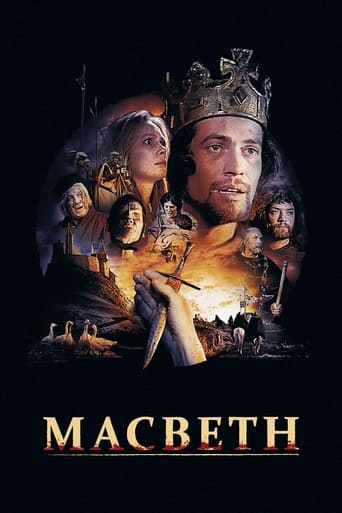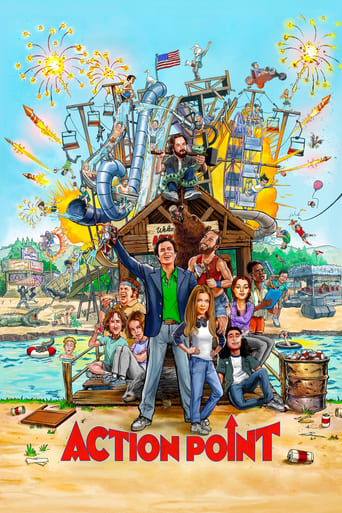


Hearts of Darkness: A Filmmaker's Apocalypse
A chronicle of the production problems — including bad weather, actors' health, war near the filming locations, and more — which plagued the filming of Apocalypse Now, increasing costs and nearly destroying the life and career of Francis Ford Coppola.
-
- Cast:
- Francis Ford Coppola , Eleanor Coppola , John Milius , George Lucas , Sam Bottoms , Albert Hall , Frederic Forrest


Similar titles
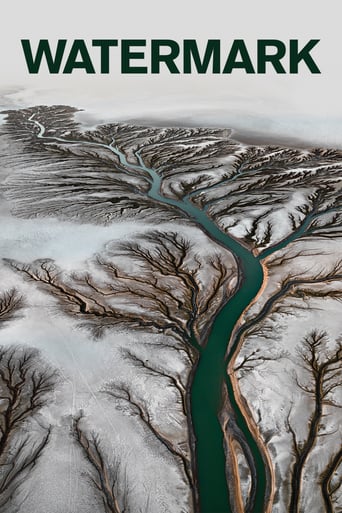

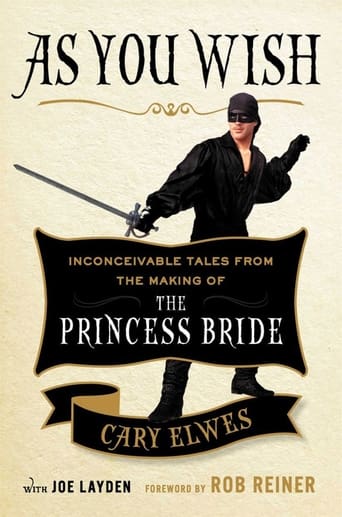
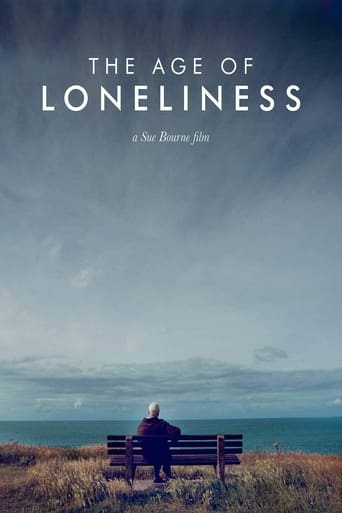
Reviews
You won't be disappointed!
Great Film overall
The movie's neither hopeful in contrived ways, nor hopeless in different contrived ways. Somehow it manages to be wonderful
It's simply great fun, a winsome film and an occasionally over-the-top luxury fantasy that never flags.
A documentary that only shows one thing: Coppola being an immature and pretentious child that acts like he did not know what he was in for.The tapes of the discussions between Coppola and his wife just contributes to this child play.One hour and a half with complaining that are everything but surprising.There are better behind-the-scenes documentaries than this.Instead of wasting your time seeing this, use it for a second viewing of the movie it was based on, "Apocalypse Now".---------------Good movies!
A likely classic since it's based on one of the best films ever. Films like these sometimes don't always stand the test of time. But this one def does. This film seems to get better with age. Especially when taking into account the massive film he was shooting. Watching Coppola stew in frustration as the Philippine army abandons him during the filming of complicated sequences is revealing and fascinating. Very few who make their living in cinema would open themselves up to such ruthless dissection. But just as the making of the movie was compellingly unique, so was Coppola's defined approach, which is luckily taped unrelentingly in personal recordings. Make sure to watch.
"Hearts of Darkness" is a documentary chronicling the making of "Apocalypse Now". The title is a variation on the novel "Heart of Deakness" by Joseph Conrad--a book that was the basis for much of the film.This documentary gives extraordinary insight into the filming of "Apocalypse Now" because instead of making the documentary way after the fact like most 'making of' films, Coppola's wife was filming behind the scenes throughout the film shoot. It's surprising, then, that it took so long for this documentary to come to light. I think it is clearly a testament to the cult-like adoration of "Apocalypse Now" by some devoted fans.Some highlight of the film include: Laurence Fishburne's comments about 'how fun the war must have been'. These were incredibly stupid and naive, but you do need to remember that he was only 14--a little kid playing a man. So, to him it might have seemed that way when he made the film.Dennis Hopper was clearly 'hopped up' during the filming. His use of drugs is no bit surprise and here you get to see him in all his flaky splendor.Watching the documentary, it's amazing that the finished film was any good. Marlon Brando, despite receiving a MASSIVE salary to participate, wasn't the least bit prepared. Much of what they filmed with him was gibberish and it was all pieced together months later to try to make a coherent ending.You really cannot watch this documentary without first watching movie.My feeling about all this is that the film, though it has some interesting moments, is NOT a must-see film unless you absolutely adore the film. Otherwise, you'll probably be a bit bored by it after a while--which I was.
"We were in the jungle, there were too many of us, we had access to too much money, too much equipment, and little by little we went insane." - Francis Ford Coppola."I tell you from the bottom of my heart that I am making a bad film. We are all lost. I have no idea where to go with this." - Francis Ford Coppola.This is an interesting documentary. Some points...1. Coppola's rant on pretence is priceless. He says that all artists dream of saying something great, deep and meaningful. At the same time, all great artists are aware that depth must be invisible. If it isn't, you run the risk of being called pretentious. "There's nothing worse than a bad movie that thinks it's important," Coppola says. Here he acknowledges the flaw of "Apocalpyse Now", which, despite its cinematic bravura, genuinely said less than it appeared to.2. Coppola spends weeks fretting over how to end his film. He has no idea what to do or what he wants to say. He paces about his giant sets, acutely aware of what not to do (he doesn't want a clichéd ending, he doesn't want a giant gun fight), but incapable of finding something of substance to say. He's essentially gone down the river and doesn't know why.3. Faced with no ending, Coppola lets Marlon Brando improvise for 3 full weeks. Brando makes up all his dialogue, the other actors bouncing off of him. Together Brando and Coppola shoot hundreds of hours of improv, Coppola still not sure what he's doing. Only months later, in the editing rooms, does he sculpt some plausible ending together out of bits of footage. The great rip off of "Apocalpyse Now" is that it ends on a note ambiguous enough to be taken as profound and low key enough to not be accused of pandering to action junkies.4. While Coppola frets about his ending, Marlon Brando is just in it for the money. Brando simply doesn't care. He behaves like a professional, but one sees that he has simply shut his mind off and entered his own little personal space. There's something funny about Brando improvising whatever comes to his head, trying to sound profound and then saying, "I can't think of anything else to say" or "I have a bug in my mouth."5. Coppola is shown to be a broken man in this documentary. The sheer passion and love he has for his film is staggering. He is trying so hard, putting every once of energy, of his brain, of his soul, into this picture, and comes up against nothing but hurdles and problems.6. In one great scene Coppola contemplates suicide, trying to figure out a way to get out of the picture whilst still maintaining his artistic credibility. Poor guy.7. The documentary illustrates the true merit of "Apocalypse Now". It shows us a man who demands control, but is nevertheless at the mercy of chance and accidents. It shows us a man who believes in insight, but has none. Ultimately, this documentary shows that "Apocalypse Now" is less about Vietnam, man or combat, but more about the sheer obsessiveness of art and the sheer madness of the artist. Being an artist requires one to be almost insane. You have to be willing to venture into the jungle in order to pluck something of beauty, of interest of intellect, from the bushes. Coppola went into the jungle and came out with something beautiful, interesting and (this is what kills him) stupid. In this respect "Apocalpyse Now" neatly mirrors "Fitzcarraldo" and "Mosquito Coast", two other films about crazy white men who seemingly conquer the jungle in the name of art, but actually accomplish nothing at all. The merit of these films is the "artistic risk" and the act of "surviving horror" rather than the actual final product.8/10 - Compare this doc with the behind the scenes documentary of James Cameron's "The Abyss". "The Abyss" is an equally pretentious and silly film, but look how calmly director James Cameron handles his mammoth production. The guy spends 3/4 of his day underwater or depressurizing himself in a giant tank, and yet rarely looses his cool. A decade later, with "Titanic", he would subject himself to another mad, mammoth production. Coppola's "meltdown" thus has less to do with the sheer scope of his picture or his need to marshal large amounts of hardware, but his problems wrestling which things on a more thematic, intellectual level.

